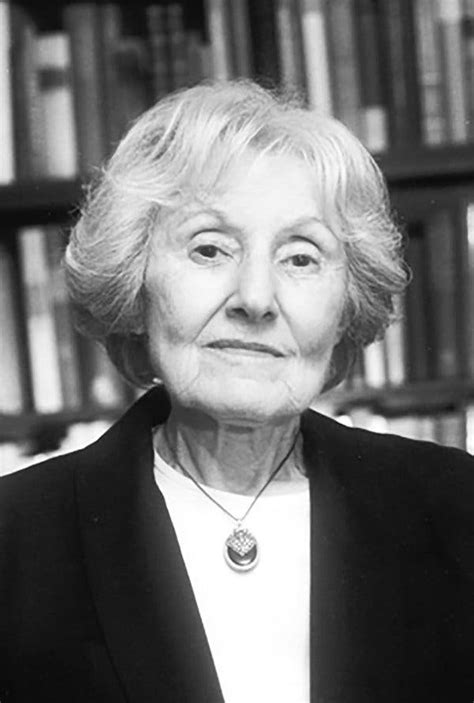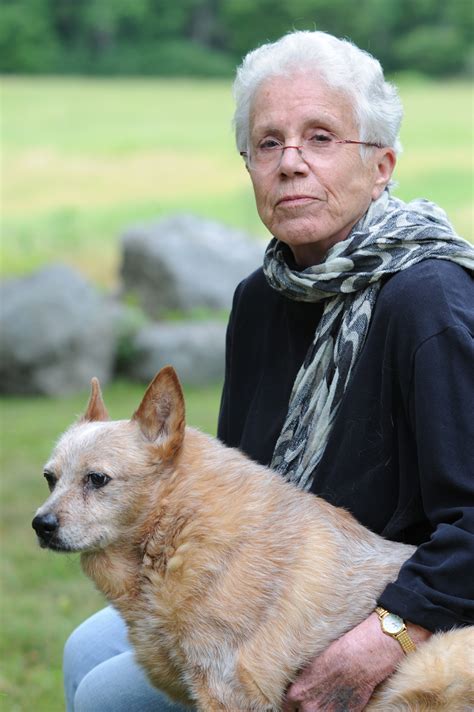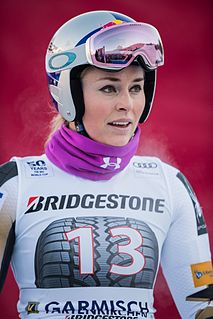A Quote by Dacia Maraini
Aging has brought me greater liberty in fiction. When I was young I was harder on myself. I wrote with an idea of absolute seriousness.
Related Quotes
As liberty of thought is absolute, so is liberty of speech, which is 'inseparable' from the liberty of thought. Liberty of speech, moreover, is essential not only for its own sake but for the sake of truth, which requires absolute liberty for the utterance of unpopular and even demonstrably false opinions.
There are many other writers whose work I admire tremendously, but none whose work struck me at just the right young age. Jack Vance taught me that speculative fiction, science fiction, could be wonderfully and liberatingly stylistic. It didn't have to be pulp stuff. He really changed my writing and my view of science fiction, so if nothing else, my little homage to him in the novelette I wrote for that anthology is my thank-you to him. He helped me see that any genre can have excellent writing in it.
In high school, I had a teacher there who was really great to me and with whom I finally dared to admit I wanted to be a writer myself, and we did a project where I wrote terrible, 17-year-old fiction. But I remember a couple of the stories. I'd love it if I could read with pride something that I wrote that long ago, but it hasn't happened yet.
In interviews, the first question I get in America is always: 'What do you do to stay young?' I do nothing. I don't think aging is a problem ... I'm so surprised that the emphasis on aging here is on physical decay, when aging brings such incredible freedom. Now what I want most is laughs. I don't want to hurt anybody by laughing -- there is no meanness to it. I just want to laugh.






































